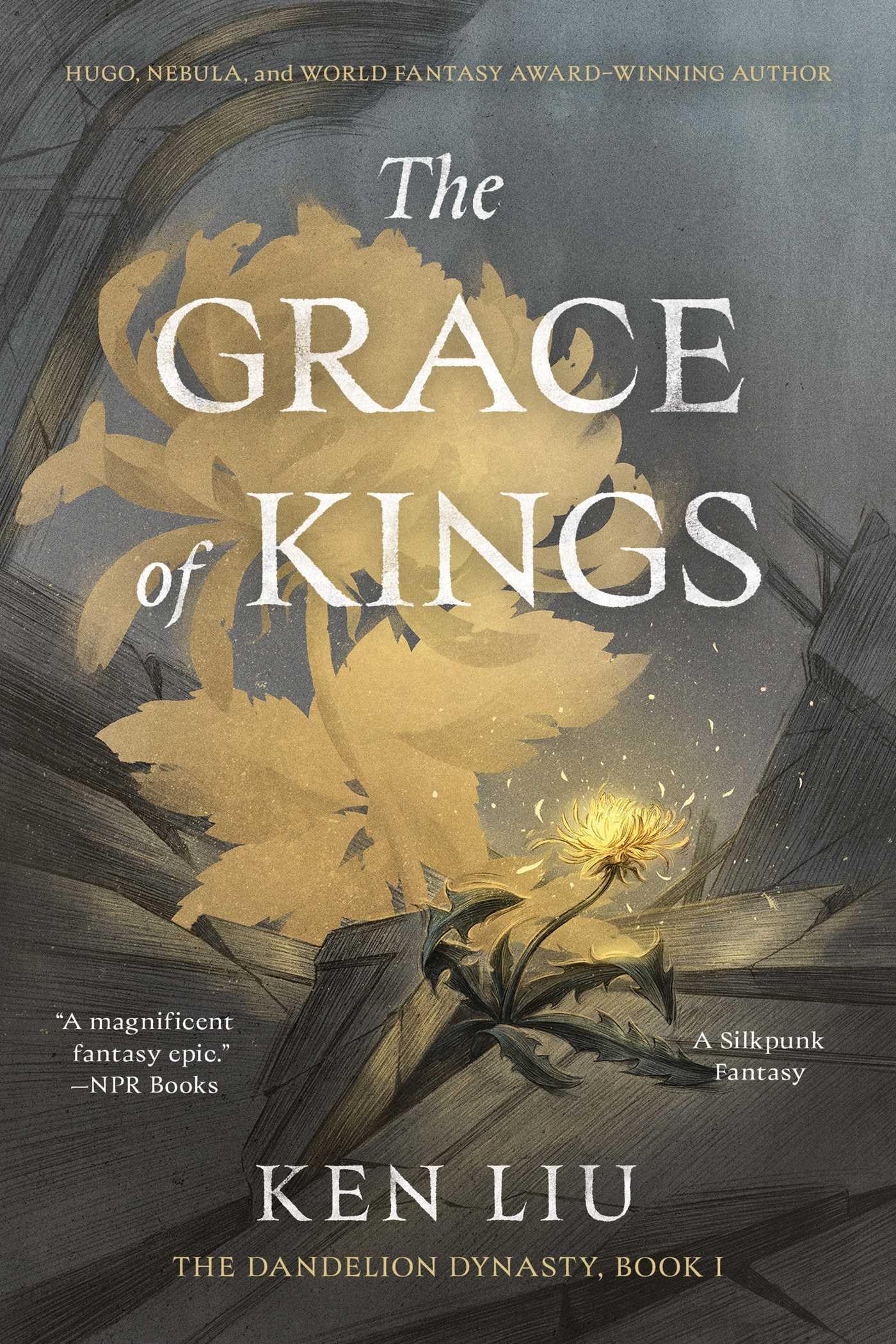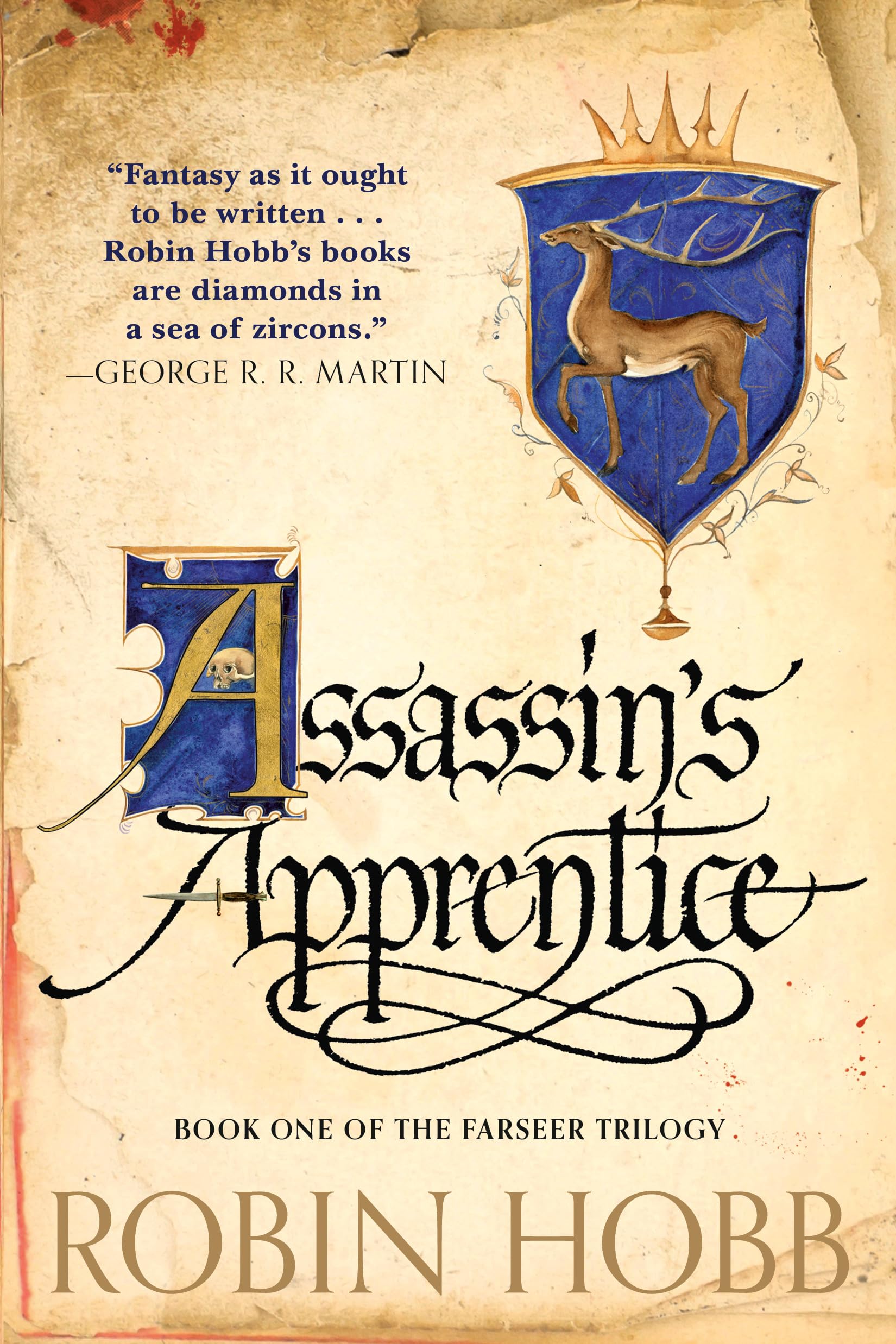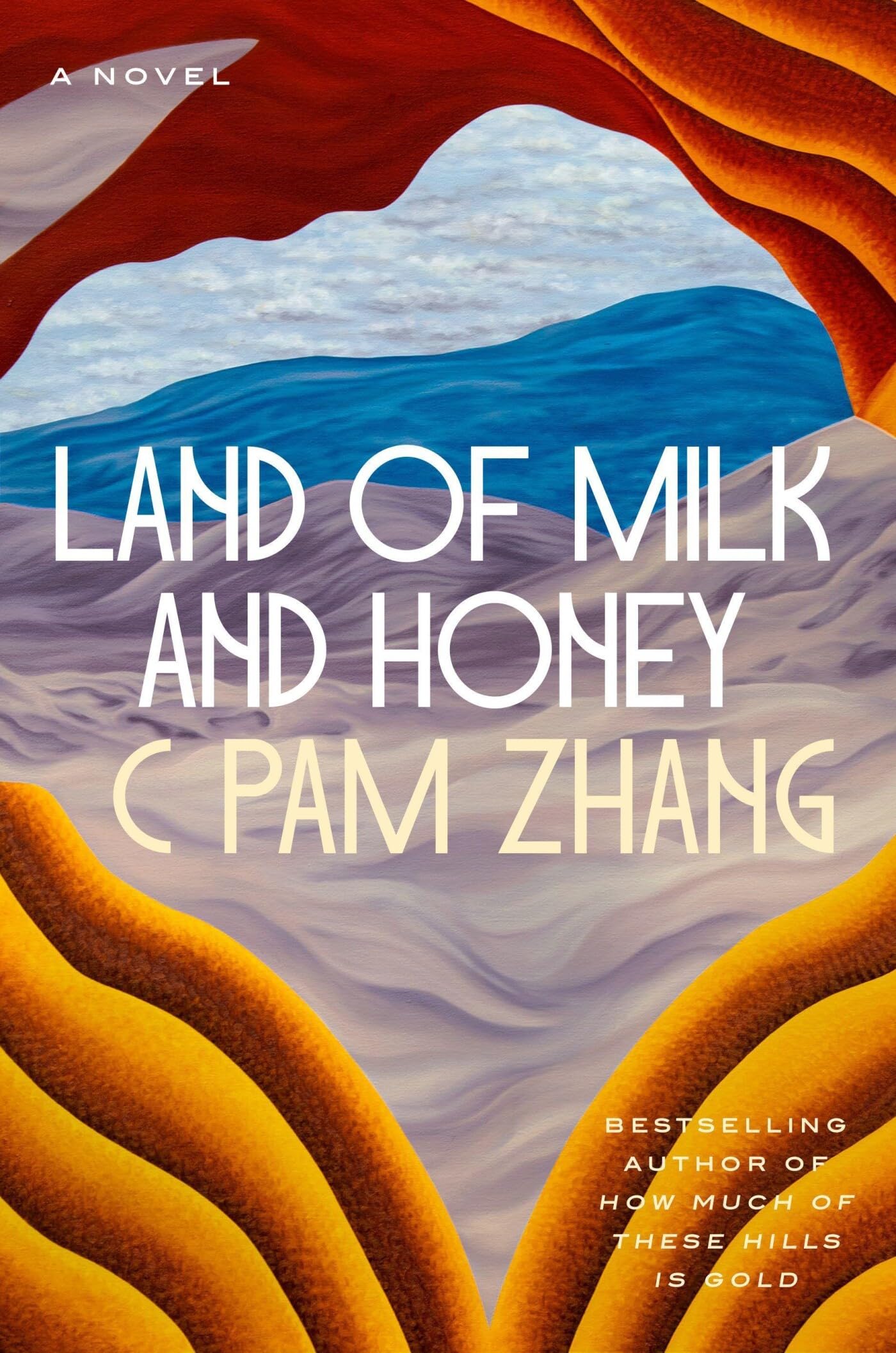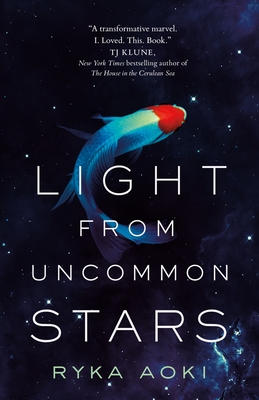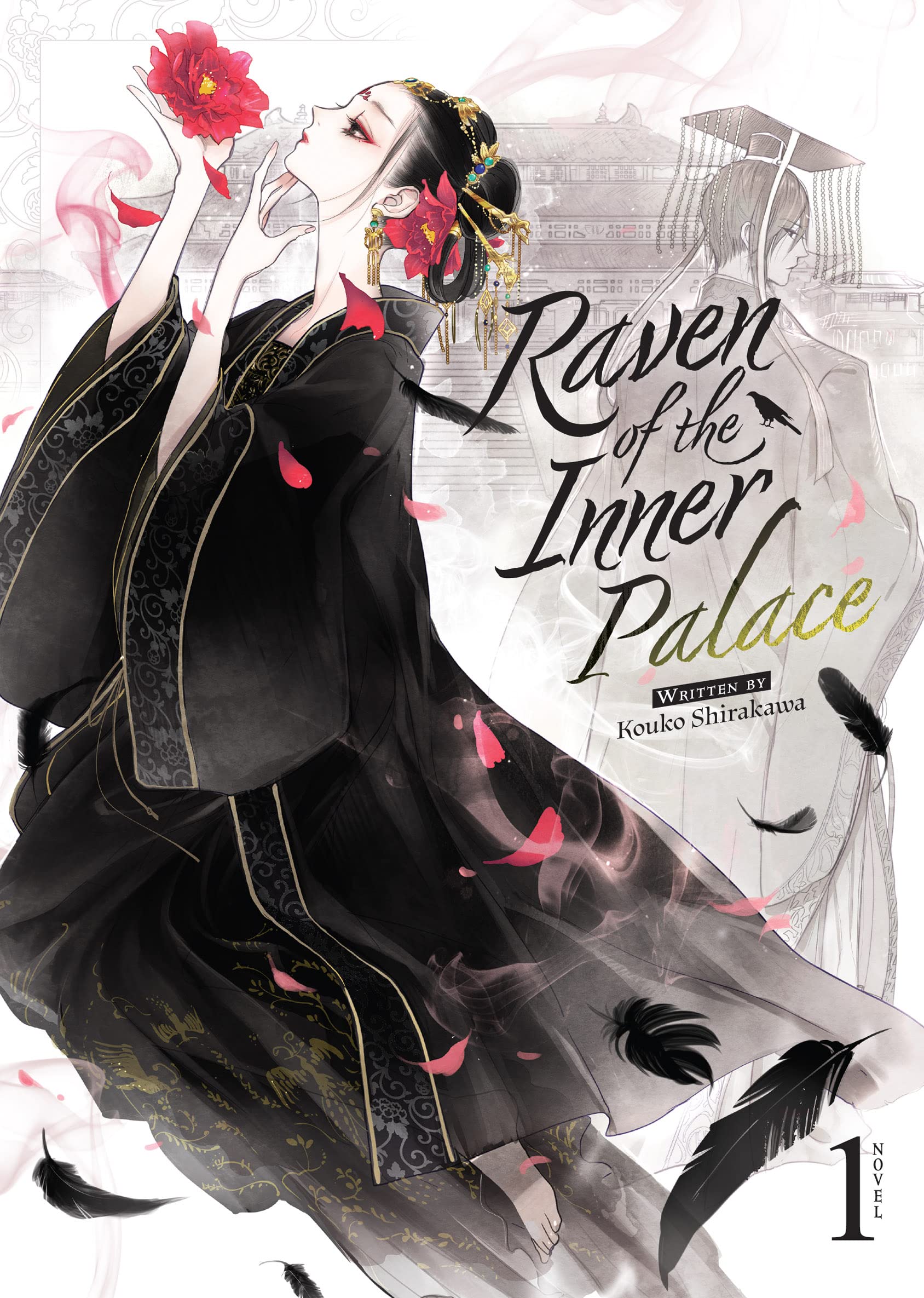Novel Favorites
Novels I’ve enjoyed over the years. I’ve omitted “popular” books like Earthsea in favor of authors that I personally think don’t get quite as much attention.
Currently 13 entries. Last updated on 2025/07/19.
Updates
- Added Taiwan Travelogue on 2025/07/19
- Added Kimi no Hanashi on 2025-07-13
Traduttore, traditore: An act of translation is always an act of betrayal.
- Robin Swift, orphaned by cholera in Canton, is brought to London by the mysterious Professor Lovell. There, he trains for years in Latin, Ancient Greek, and Chinese, all in preparation for the day he’ll enroll in Oxford University’s prestigious Royal Institute of Translation — also known as Babel.
Babel is the world’s center of translation and, more importantly, of silver-working: the art of manifesting the meaning lost in translation through enchanted silver bars, to magical effect. Silver-working has made the British Empire unparalleled in power, and Babel’s research in foreign languages serves the Empire’s quest to colonize everything it encounters.
Oxford, the city of dreaming spires, is a fairytale for Robin; a utopia dedicated to the pursuit of knowledge. But knowledge serves power, and for Robin, a Chinese boy raised in Britain, serving Babel inevitably means betraying his motherland. As his studies progress Robin finds himself caught between Babel and the shadowy Hermes Society, an organization dedicated to sabotaging the silver-working that supports imperial expansion. When Britain pursues an unjust war with China over silver and opium, Robin must decide: Can powerful institutions be changed from within, or does revolution always require violence? What is he willing to sacrifice to bring Babel down?
Babel — a thematic response to The Secret History and a tonal response to Jonathan Strange & Mr. Norrell — grapples with student revolutions, colonial resistance, and the use of translation as a tool of empire.
A brisk story about a fantastified colonialist Britain that (in my opinion, at least) unintentionally parodies modern-day Silicon Valley and its effects on society and treatment of its (often immigrant) workers.
A four book series about the history of a vaguely Chinese-themed empire under attack from within and without, featuring many thematic and somewhat period-plausible inventions that are reminiscent of the inventions of steampunk authors (hence the name, silkpunk).
While the book often features the viewpoints of the “gods”, the author has stated before that the entire book is explainable without anything supernatural.
Synopsis of book 1, The Grace of Kings:
Two men rebel together against tyranny—and then become rivals—in this first sweeping book of an epic fantasy series from Ken Liu, recipient of Hugo, Nebula, and World Fantasy awards. Hailed as one of the best books of 2015 by NPR.
Wily, charming Kuni Garu, a bandit, and stern, fearless Mata Zyndu, the son of a deposed duke, seem like polar opposites. Yet, in the uprising against the emperor, the two quickly become the best of friends after a series of adventures fighting against vast conscripted armies, silk-draped airships, and shapeshifting gods. Once the emperor has been overthrown, however, they each find themselves the leader of separate factions—two sides with very different ideas about how the world should be run and the meaning of justice.
A Taiwanese American woman’s coming-of-consciousness ignites eye-opening revelations and chaos on a college campus in this outrageously hilarious and startlingly tender debut novel.
Twenty-nine-year-old PhD student Ingrid Yang is desperate to finish her dissertation on the late canonical poet Xiao-Wen Chou and never read about “Chinese-y” things again. But after years of grueling research, all she has to show for her efforts are junk food addiction and stomach pain. When she accidentally stumbles upon a curious note in the Chou archives one afternoon, she convinces herself it’s her ticket out of academic hell.
But Ingrid’s in much deeper than she thinks. Her clumsy exploits to unravel the note’s message lead to an explosive discovery, upending not only her sheltered life within academia but her entire world beyond it. With her trusty friend Eunice Kim by her side and her rival Vivian Vo hot on her tail, together they set off a roller coaster of mishaps and misadventures, from book burnings and OTC drug hallucinations, to hot-button protests and Yellow Peril 2.0 propaganda.
In the aftermath, nothing looks the same to Ingrid—including her gentle and doting fiancé, Stephen Greene. When he embarks on a book tour with the super kawaii Japanese author he’s translated, doubts and insecurities creep in for the first time… As the events Ingrid instigated keep spiraling, she’ll have to confront her sticky relationship to white men and white institutions—and, most of all, herself.
For readers of Paul Beatty’s The Sellout and Charles Yu’s Interior Chinatown, this uproarious and bighearted satire is a blistering send-up of privilege and power in America, and a profound reckoning of individual complicity and unspoken rage. In this electrifying debut novel from a provocative new voice, Elaine Hsieh Chou asks who gets to tell our stories—and how the story changes when we finally tell it ourselves.
A low-fantasy trilogy that, for once, has the “bad guys” be reasonably competent and win lots of victories without having to give them world-ending powers.
Young Fitz is the bastard son of the noble Prince Chivalry, raised in the shadow of the royal court by his father’s gruff stableman. He is treated as an outcast by all the royalty except the devious King Shrewd, who has him secretly tutored in the arts of the assassin. For in Fitz’s blood runs the magic Skill—and the darker knowledge of a child raised with the stable hounds and rejected by his family.
As barbarous raiders ravage the coasts, Fitz is growing to manhood. Soon he will face his first dangerous, soul-shattering mission. And though some regard him as a threat to the throne, he may just be the key to the survival of the kingdom.
架空の青春の記憶を植えつけられた青年は、その夏、実在し ないはずの幼馴染と出
会う。これは、始まる前に終わっていた恋の物語。
Translated:
A young man, with fictional memories of an idealized youth planted in his head, one summer meets his childhood friend who should not exist. This is a love story that ends before it ever begins.
Here’s a more depth intro with spoilers for the first chapter:
A devastating love story about missed connections and the boundary between reality and fantasy.
A nanorobotic treatment intended for Alzheimer’s is instead repurposed in two ways: as Lethe, a way to erase memories you don’t want, and as Green Green, a way to give you memories that never existed. Chihiro, having suffered a childhood under indifferent parents who lost themselves in Green Green, now seeks Lethe to help him move on. But when his order is somehow mixed up and he unintentionally takes Green Green instead, he now finds himself with blissful memories of a perfect childhood friend, Touka. He eventually gets his correct order of Lethe, but the pull of the memories is hard to resist. And then, one summer night, he spots Touka in the crowd…
A smog has spread. Food crops are rapidly disappearing. A chef escapes her dying career in a dreary city to take a job at a decadent mountaintop colony seemingly free of the world’s troubles.
There, the sky is clear again. Rare ingredients abound. Her enigmatic employer and his visionary daughter have built a lush new life for the global elite, one that reawakens the chef to the pleasures of taste, touch, and her own body.
In this atmosphere of hidden wonders and cool, seductive violence, the chef’s boundaries undergo a thrilling erosion. Soon she is pushed to the center of a startling attempt to reshape the world far beyond the plate.
Sensuous and surprising, joyous and bitingly sharp, told in language as alluring as it is original, Land of Milk and Honey lays provocatively bare the ethics of seeking pleasure in a dying world. It is a daringly imaginative exploration of desire and deception, privilege and faith, and the roles we play to survive. Most of all, it is a love letter to food, to wild delight, and to the transformative power of a woman embracing her own appetite.
This synopsis is really bizzare, but give it a chance.
Shizuka Satomi made a deal with the devil: to escape damnation, she must entice seven other violin prodigies to trade their souls for success. She has already delivered six.
When Katrina Nguyen, a young transgender runaway, catches Shizuka’s ear with her wild talent, Shizuka can almost feel the curse lifting. She’s found her final candidate.
But in a donut shop off a bustling highway in the San Gabriel Valley, Shizuka meets Lan Tran, retired starship captain, interstellar refugee, and mother of four. Shizuka doesn’t have time for crushes or coffee dates, what with her very soul on the line, but Lan’s kind smile and eyes like stars might just redefine a soul’s worth. And maybe something as small as a warm donut is powerful enough to break a curse as vast as the California coastline.
As the lives of these three women become entangled by chance and fate, a story of magic, identity, curses, and hope begins, and a family worth crossing the universe for is found.
Gyen Jebi isn’t a fighter or a subversive. They just want to paint.
One day they’re jobless and desperate; the next, Jebi finds themself recruited by the Ministry of Armor to paint the mystical sigils that animate the occupying government’s automaton soldiers.
But when Jebi discovers the depths of the Razanei government’s horrifying crimes—and the awful source of the magical pigments they use—they find they can no longer stay out of politics.
What they can do is steal Arazi, the ministry’s mighty dragon automaton, and find a way to fight…
Magic is real. Discovered in the 1970s, magic is now a bona fide field of engineering. There’s magic in heavy industry and magic in your home. It’s what’s next after electricity. Student mage Laura Ferno has designs on the future: her mother died trying to reach space using magic, and Laura wants to succeed where she failed. But first, she has to work out what went wrong. And who her mother really was. And whether, indeed, she’s dead at all…
Who is the Raven Consort?
Deep within the palace’s walls lives the secluded and mysterious Raven Consort. Some say she is an old woman, while others claim she is young and beautiful. What all stories agree upon is that she has the power to exorcise spirits, lay fatal curses, and find lost objects–for a price. When the young emperor arrives at the door of the Raven Consort seeking magical assistance, his request could shake up the palace…or perhaps even the entire kingdom.
A tale of found family for a shunned palace consort.
…Hear me out and don’t run from the ridiculous title. This light novel (two volumes) is a parody of genre works, particularly the recently popular “banished from the hero’s party” trope, that satirizes the problems women face in (Japanese) society and their depiction in the anime/manga/light novel/video game spheres. It was directly inspired by the Tokyo University medical school admissions scandal, and even if the villains can seem cartoonishly thin at times, that’s because their actions are all lifted from real events. It’s also just a good example of the genre trope: it’s easy to sympathize with Tanya and her companions, and unlike the series it parodies, she is never malicious or self-centered. She just wants a better life and isn’t afraid to step up.
Tanya Artemiciov is a talented Mage-class adventurer who just got kicked out of her party by a sexist scumbag. So what’s a girl to do? Go to the wasteland and blow stuff up of course! One small problem though: she inadvertently frees a mythical Sorceress named Laplace who was sealed away for the past 300 years…
Surprise! Turns out this so-called “wicked” Sorceress is actually pretty cool. Laplace wants to start a party of her own, Tanya wants revenge, and the solution is obvious: team up. It’s time to kick ass, kiss girls, and dismantle the patriarchy!
二周目の人生は、十歳のクリスマスから始まった。全てをやり直す機会を与えら
れた僕だったけど、いくら考えても、やり直したいことなんて、何一つなかった。
僕の望みは、「一周目の人生を、そっくりそのまま再現すること」だったんだ。
しかし、どんなに正確を期したつもりでも、物事は徐々にずれていく。幸せ過
ぎた一周目の付けを払わされるかのように、僕は急速に落ちぶれていく。――そし
て十八歳の春、僕は「代役」と出会うんだ。変わり果てた二周目の僕の代わりに、
一周目の僕を忠実に再現している「代役」と。
Translated:
My second time through life started from when I was ten years old, Christmas Day. I had been given a chance to do it all over, but no matter how much I thought about it, I didn’t have a single thing I wanted to change. Instead I wished, “I will live my life again, exactly the same away as the first time, and do everything the exact same way.” But no matter how much I swore to do things right, reality steadily went off the beaten path. It was like I was being made to pay for my incredibly blissful first life, and I quickly fell apart…And then it was spring. I was eighteen. And I met my replacement. My second life couldn’t be more different from my first. In my place, living my real life the way I once had, was him.
May 1938. The young novelist Aoyama Chizuko has sailed from her home in Nagasaki, Japan, and arrived in Taiwan. She’s been invited there by the Japanese government ruling the island, though she has no interest in their official banquets or imperialist agenda. Instead, Chizuko longs to experience real island life and to taste as much of its authentic cuisine as her famously monstrous appetite can bear.
Soon a Taiwanese woman—who is younger even than she is, and who shares the characters of her name—is hired as her interpreter and makes her dreams come true. The charming, erudite, meticulous Chizuru arranges Chizuko’s travels all over the Land of the South and also proves to be an exceptional cook. Over scenic train rides and braised pork rice, lively banter and winter melon tea, Chizuko grows infatuated with her companion and intent on drawing her closer. But something causes Chizuru to keep her distance. It’s only after a heartbreaking separation that Chizuko begins to grasp what the “something” is.
Disguised as a translation of a rediscovered text by a Japanese writer, this novel was a sensation on its first publication in Mandarin Chinese in 2020 and won Taiwan’s highest literary honor, the Golden Tripod Award. Taiwan Travelogue unburies lost colonial histories and deftly reveals how power dynamics inflect our most intimate relationships.

